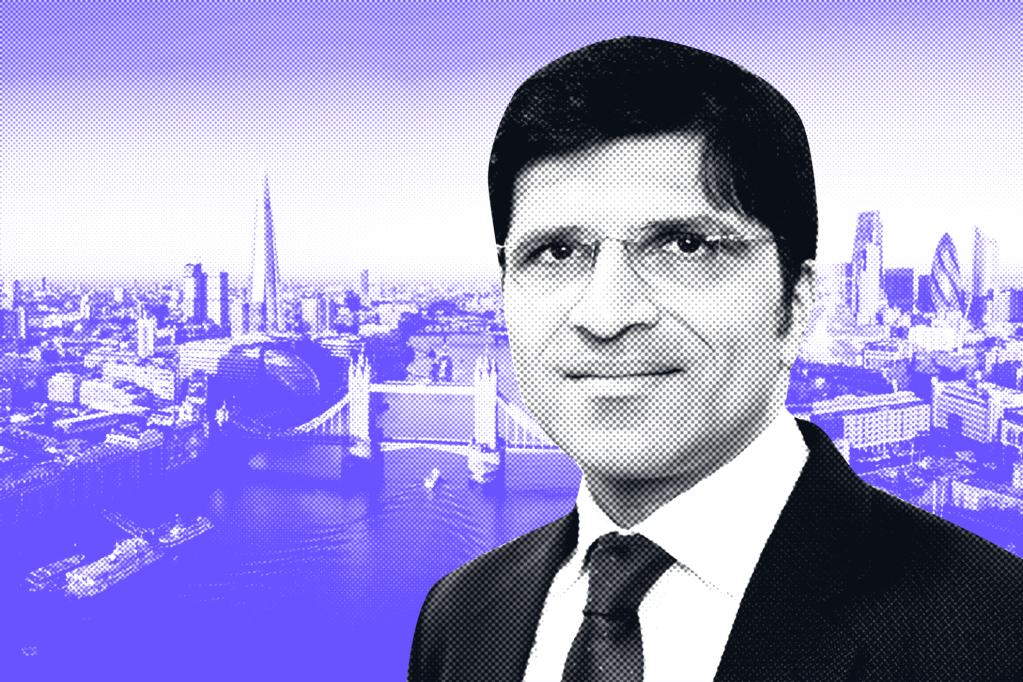Big tech offers significant opportunity, he said, but it also introduces significant risks to the way the market works. He asked: “What does it mean for competition if big tech firms have access to unique and comprehensive data sets such as browsing data, biometrics and social media?”
Rathi sees the need to remain vigilant about “the entrenched power of big tech” and emphasised the FCA’s commitment to regulating Critical Third Parties. “We must be clear where responsibility lies when things go wrong,” he said, going on to state directly that the regulator considered responsibility “will be with the outsourcing firm”. He pledged the FCA would work to “mitigate the potential system impact that could be triggered” if anything goes wrong.
Potential for cyber fraud
AI was given significant attention, with Rathi focusing on the potential for “cyber fraud, cyber attacks and identity fraud increasing in scale and sophistication and effectiveness”. He referenced the deep fake video of respected finance campaigner Martin Lewis endorsing an investment scheme as a current example of what we can expect to see more of.
Even when AI is used with more positive intent, there are risks inherent in the way AI can exacerbate data bias, he said.
The FCA’s approach is to work collaboratively where possible, and Rathi emphasised the development of the regulator’s digital sandbox a number of times. He summed up the approach as: “While the FCA does not regulate technology, we do regulate the effect on – and use of – tech in financial services.”
Global AI hub
The speech seems intended in part to position the FCA as a key player in achieving the government’s stated intent of making the UK a “global hub” of AI, and one immediate conclusion to draw is that work around the role of Critical Third Parties is set to intensify. Whether a regulatory or a strategic solution is the best way forward is an interesting debate.
On a related note, the recognition that data generated by technology should now automatically be taken at face value may have some bearing on the question of whether the current legal presumption that computer evidence is correct unless it is explicitly proved that it is not should be changed.
The full text of the speech, including how Rathi sees Consumer Duty and the Senior Managers & Certification Regime fitting in, can be found on the FCA’s website.

















